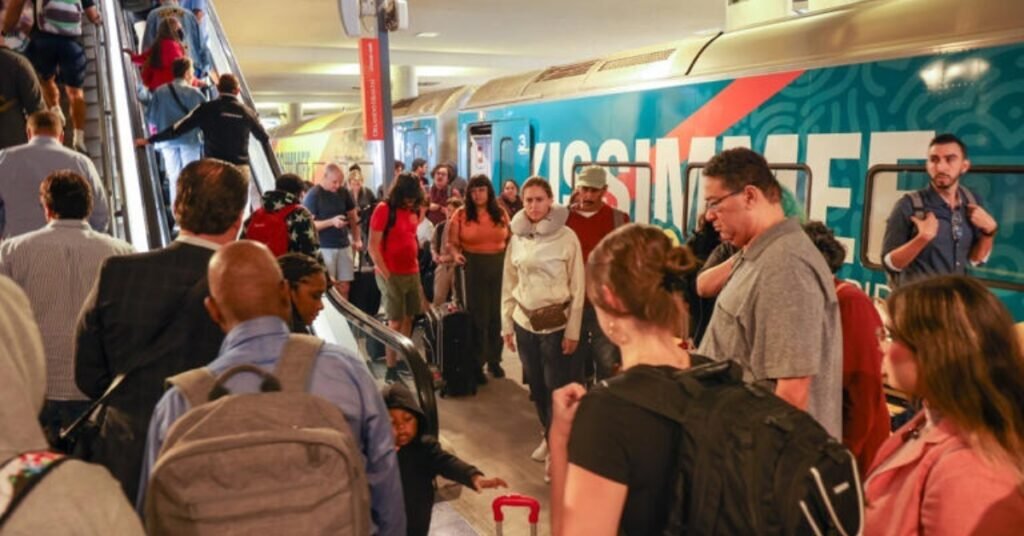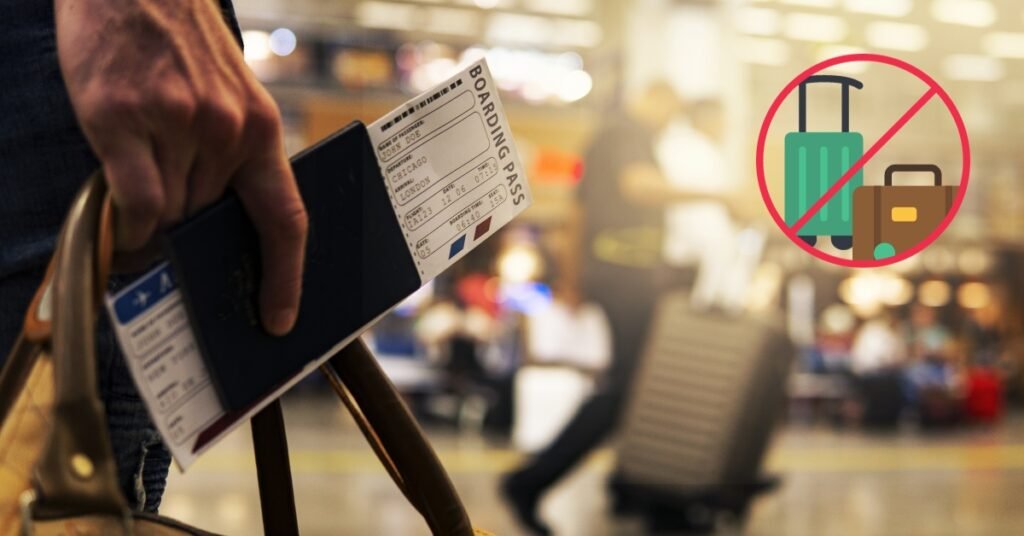Despite a travel boom, US budget airlines like Frontier and Spirit face profitability challenges. Premium offerings are now under consideration to boost revenue.
Table of Contents
The Current Scenario
Despite the recent travel boom resulting in increased earnings for major U.S. carriers, budget airlines like Frontier and Spirit find it challenging to achieve consistent profitability. These airlines are now considering introducing premium-priced offerings, such as first-class seats, customer lounges, and branded foods. However, they still believe ticket fares will be the primary factor influencing bookings.
Challenges Faced by No-Frills Carriers
Ultra-low-cost carriers, known for their minimalistic services and low ticket prices, were expected to thrive post-pandemic. However, they have been plagued by operational issues that have increased their costs. Factors such as a shortage of air-traffic controllers, pilot shortages, and engine problems have disrupted their operations. These challenges have prevented them from fully utilizing their fleets, a strategy they previously relied on to reduce costs and increase profits.
Financial Strains and Market Response
The financial strain on these budget airlines is evident. Frontier has felt the need to offer extremely low fares to fill its planes, while Spirit has reduced its profit outlook for the current quarter. The stock market has responded accordingly, with Frontier’s shares dropping by 50% this year and Spirit’s by 18%. In contrast, major airlines like United and Delta have risen by 20%, and American shares have increased by 5%.
The Future of the Low-Cost Model
The challenges faced by budget airlines have led to questions about the viability of the low-cost, low-fare business model. United Airlines CEO Scott Kirby labeled the model “doomed.” However, budget airline CEOs remain optimistic, believing that their model will remain relevant as long as ticket prices influence travel decisions. Data supports this, showing an increase in the market share of discount carriers post-pandemic.
The Perspective of Price-Sensitive Travelers
For many travelers, especially those on tight budgets, low-cost airlines remain attractive. Jacob Brown, a 23-year-old schoolteacher from Denver, is a testament to this. He frequently uses Frontier’s $140 monthly flight pass, which averages a one-way fare of roughly $15. For him, flying with major carriers like Delta is unaffordable, but budget airlines offer a feasible alternative.
Get our best stuff sent straight to you! Join our WhatsApp Channel.






